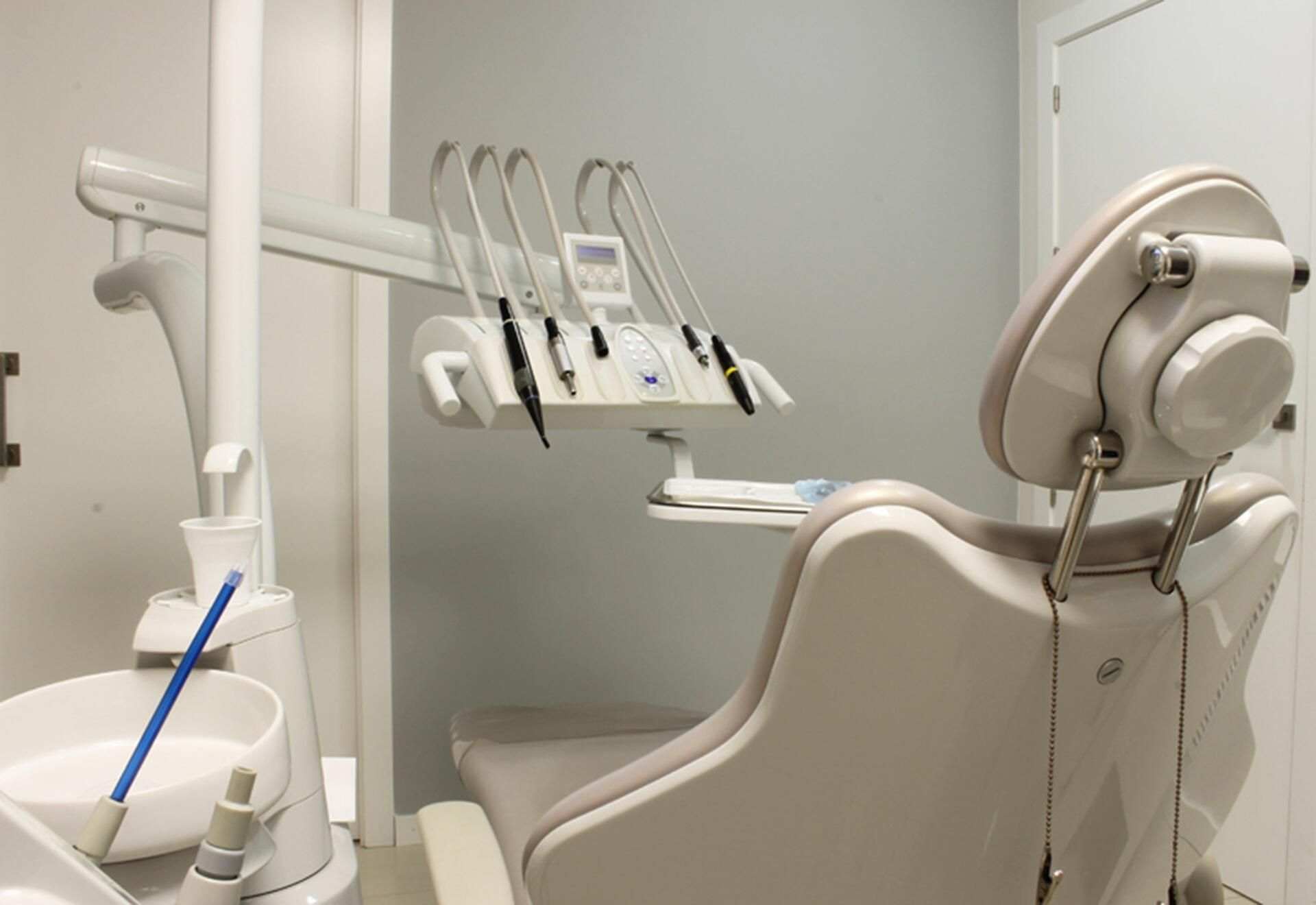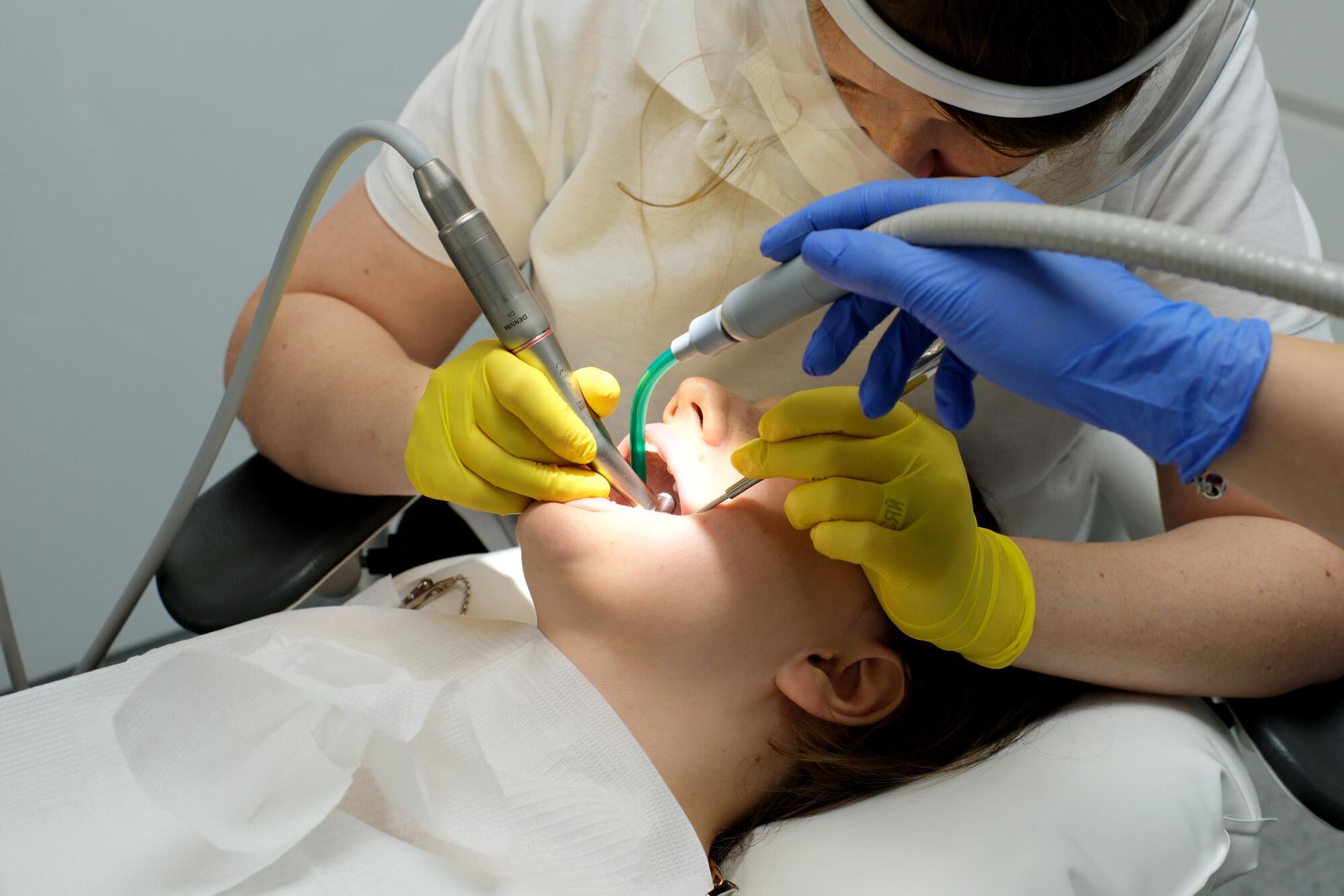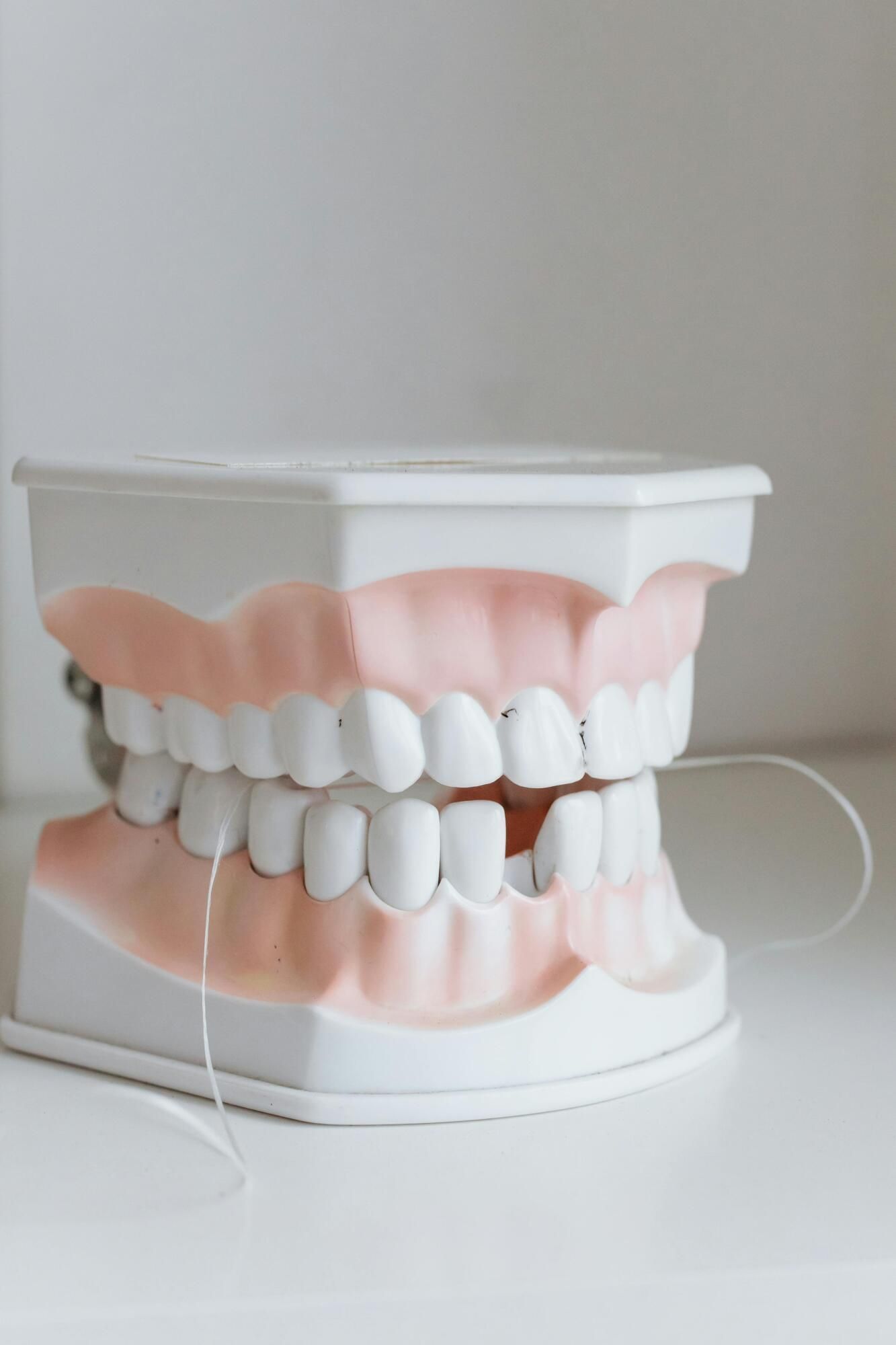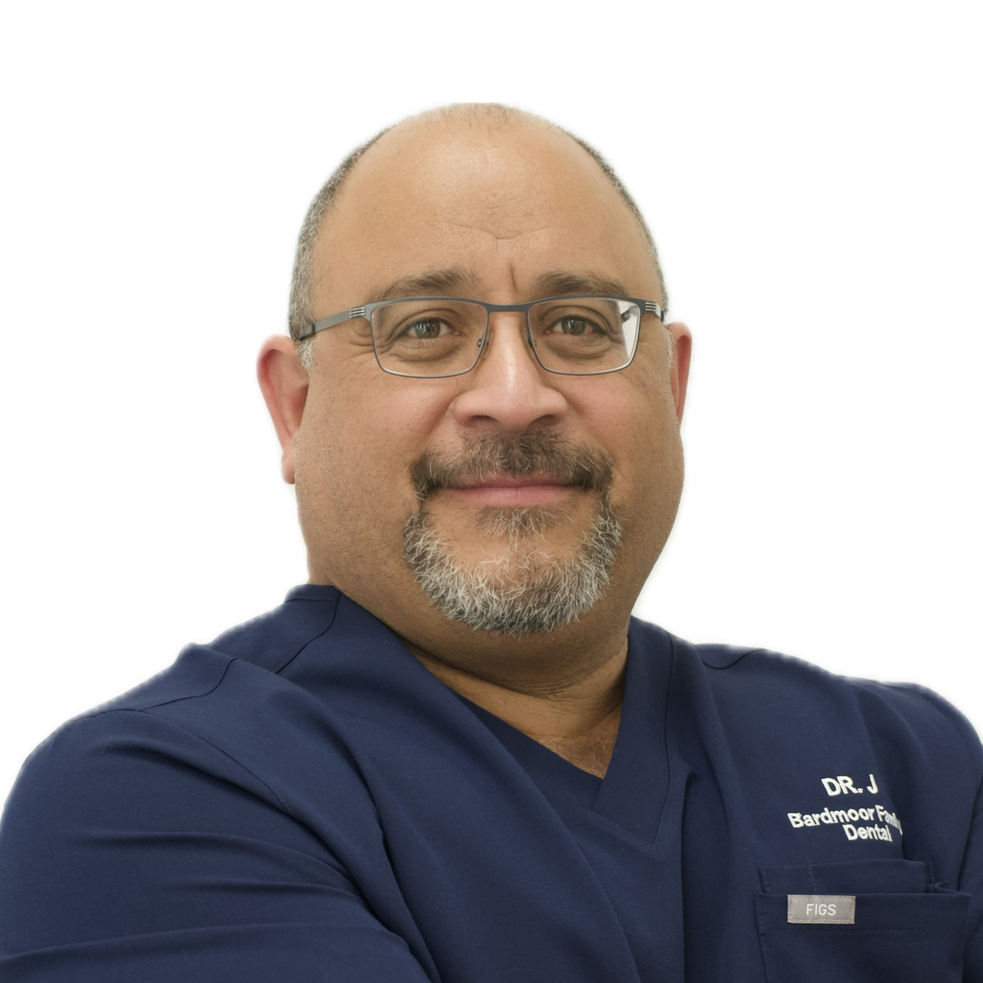The Importance of Pre-Operative Care for Oral Surgery
Facing oral surgery can be daunting, not just because of the procedure itself but due to the anxiety of the unknown and the fear of post-operative complications. Many patients enter surgery unprepared, unaware that their pre-operative actions can significantly impact their healing process and outcomes.
Are you fully equipped to enhance your recovery and minimize risks? Preparing for oral surgery is more than a precaution. It's a necessary step towards ensuring a successful procedure and swift recovery.
In this article, we'll explore the essential measures that transform your surgical experience from daunting to manageable by outlining how to prepare effectively for the best possible results.
The Basics of Preparing for Oral Surgery
Pre-operative care involves various steps to prepare your body and mind for the procedure. A well-prepared patient can reduce complications and enhance the overall outcome of the surgery.
First, the oral surgeon reviews your medical history. This step is vital as it helps identify any underlying conditions that might affect the surgery. For example, if you have diabetes or high blood pressure, your surgeon must know to take necessary precautions.
A thorough medical review can prevent potential complications during and after the surgery.
Next, pre-operative dental care includes a complete examination of your oral health. This examination helps the surgeon understand your specific needs and plan the surgery accordingly.
It involves taking x-rays and sometimes 3D scans to get a detailed view of your oral structure. These images provide valuable insights, especially for complex procedures like a sinus lift or wisdom teeth extraction.
Essential Pre-Operative Steps
Several steps are essential in the oral surgery preparation process. These steps ensure that you are in the best possible condition for the surgery and help reduce the risk of complications.
One of the first steps is the consultation. During this meeting, your surgeon will discuss the details of the surgery, including the procedure, risks, and benefits.
This is also the time to ask any questions and express any concerns you might have. Clear communication between you and your surgeon is crucial to ensure you understand what to expect.
Another important step is adhering to dental surgery guidelines provided by your surgeon. These guidelines often include:
- Instructions on medications to avoid before surgery
- Fasting requirements
- Specific hygiene practices
For example, you might need to avoid eating or drinking anything for a certain period before the surgery. Following these guidelines helps prepare your body for anesthesia and reduces the risk of infection.
Pre-surgery dental planning is also a key component. This involves creating a detailed plan for the surgery and recovery period. Your surgeon will outline the steps you must take before the surgery, what to expect during the procedure, and how to care for yourself afterward.
The Role of Patient Education and Communication
Patient education and communication are critical in the pre-operative care process. Understanding what to expect can significantly reduce anxiety and help you feel more confident about the surgery.
Your oral surgeon will provide educational materials to help you understand the procedure and recovery process. These materials might include pamphlets, videos, or online resources explaining the steps involved in your surgery.
Effective communication with your surgeon is also essential. Don't hesitate to ask questions or voice concerns. A good surgeon will take the time to address your questions and ensure you feel comfortable with the process.
This open communication helps build trust and ensures you are fully informed about the surgery.
Diet and Lifestyle Considerations
Diet and lifestyle adjustments are crucial in the days before your surgery. Certain foods and habits can affect your body's ability to heal and respond to anesthesia.
Before your surgery, your surgeon might recommend a specific diet. This diet often includes foods that are easy to digest and rich in nutrients to support your body's healing process. Avoiding certain foods, such as those high in sugar or fat, can help reduce inflammation and promote better healing.
Lifestyle changes, such as quitting smoking or reducing alcohol consumption, are also important. Smoking can significantly impair your body's ability to heal and increase the risk of complications.
Similarly, alcohol can interfere with medications and anesthesia, which makes it essential to follow your surgeon's recommendations closely.
Psychological Preparation
Psychological preparation is an often overlooked but essential part of pre-operative care. Facing surgery can be stressful and anxiety-inducing, but taking steps to manage your mental health can make a significant difference.
One effective way to prepare psychologically is through relaxation techniques. Practices such as deep breathing, meditation, or yoga can help reduce anxiety and promote a sense of calm. These techniques are particularly useful in the days leading up to the surgery when stress levels might be higher.
It's also helpful to talk about your fears and concerns with your surgeon or a mental health professional. They can provide support and reassurance to help you feel more at ease.
Oral Surgery Recovery Tips
Recovering from oral surgery involves following specific guidelines to ensure a smooth and successful healing process. Your surgeon will provide detailed oral surgery recovery tips tailored to your specific procedure.
For example, if you've had wisdom teeth extraction, your recovery tips might include instructions on managing pain, reducing swelling, and maintaining oral hygiene.
Similarly, recovery from extractions or other complex procedures like a root canal requires careful attention to aftercare instructions. This might include:
- Using ice packs to reduce swelling
- Taking prescribed medications
- Avoiding certain foods that could irritate the surgical site
Proper rest is also crucial during the recovery period. Ensure you get plenty of sleep and avoid strenuous activities that could interfere with the healing process.
Keeping your head elevated while sleeping can also help reduce swelling and promote better healing.
Secure Your Successful Recovery
A successful oral surgery begins long before you sit in the dentist's chair; it starts with comprehensive preparation.
Preparing for oral surgery involves everything from detailed pre-surgery consultations to implementing essential pre-operative care.
At Bardmoor Family Dental, we understand the importance of these preparatory steps. Dr. J and our dedicated team ensure that every patient is not only ready but poised for the best possible outcomes.
Choosing us means opting for a practice where your health and comfort are prioritized at every step. Contact us today to schedule your consultation.












